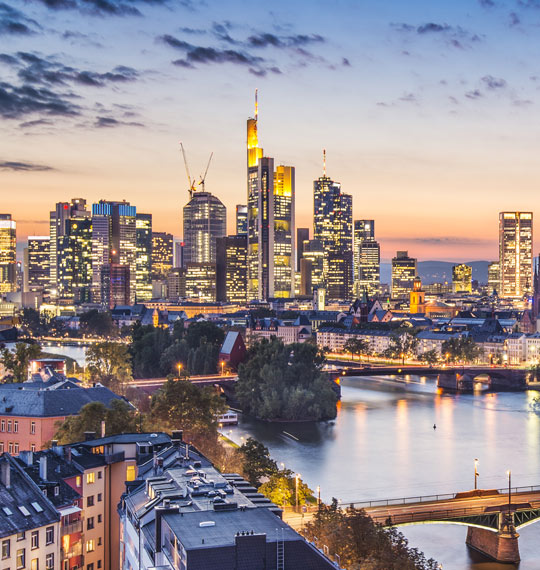Germany is a popular choice for those looking to relocate. There are plenty of reasons for this, from the thriving job market to the beautiful scenery and the great healthcare. How difficult is it really to relocate to Germany and what are our top tips for making sure that your move is successful?
1) Do your research – Whether you are an old-hand when it comes to relocating or it is your first time, every country brings its own quirks and challenges and it is important to find out as much as you can about the relocation process before you start out. Each scenario is different and ExpatsGuide team can help you with your research and give you tailored advice to suit your needs.
2) Work permits – If you are an EU citizen, working in Germany is relatively simple but it can be rather complicated if you are moving from elsewhere. There are numerous visas and work permits depending on your personal situation and we would recommend that you make the most of immigration consulting in order to ensure that you get exactly the right permit for your situation and that you get your work permit in time and don’t end up being held back waiting for it.
3) Allow plenty of time – Procedures such as obtaining a work permit can take several months and it can take a long time for documents to be approved by the authorities, so make sure to allow plenty of time to prepare for your relocation.
4) Income tax – I still clearly remember finding out how much my salary would be at my first job in Germany. Little did I realise that the income tax is much higher than in many other countries. It pays to do your research when it comes to income tax to avoid any nasty surprises along the line.
5) Cost of living – This is an important point to find out about before your move. Again, it will depend a lot on your point of reference. My personal experience is that some things (food, beer) are less expensive in Germany whereas others (clothing, shoes) cost more. However, there are still huge regional differences with the south tending to be more expensive than the north. The east-west divide is also still apparent, with Berlin being cheaper for a meal out than Stuttgart.
6) Sprechen Sie Deutsch? While Germans are often able and happy to speak English, this has its limits. You will generally be able to get by with a few phrases for a while but to really get to know the locals and when it comes to tackling all the formalities of relocation bureaucracy, it helps to have had some language training or at least to start learning once you arrive.
7) Where to live – Would you like to live in a trendy up-and-coming “Kiez” in Berlin or are you looking for a family-friendly area close to Frankfurt? Our relocation consultants have years of experience throughout Germany and can advise you which areas would suit your needs. We can also help you to find a permanent home with a long-term lease. Importantly, we offer the service of having your lease agreement reviewed by a professional to mitigate any risks.
8) Become a master of bureaucracy – paperwork is a major part of relocating to Germany. There is a form and a special “Amt” or office for everything from registering your pet to exchanging your original driving license for a local one. You will become a master of bureaucracy in Germany (or you can get us to do it for you!)
9) Practise patience – If you are anything like me, you haven’t been blessed with an abundance of patience. Now is the time to learn though, as German bureaucracy is renowned for being especially slow.
10) Cultural awareness – Germany has many quirks that come as a surprise to newcomers. One of these is that there are rules for everything. These rules are designed to be followed and you are likely to be chastised if you don’t. Inter-cultural coaching before your move can help you to avoid embarrassing faux pas and make you feel at home more easily.
Overall, moving abroad is always a challenge. Being aware of what to expect is a great help though so please don’t hesitate to get in touch – we have plenty of experts on hand to advise you.










